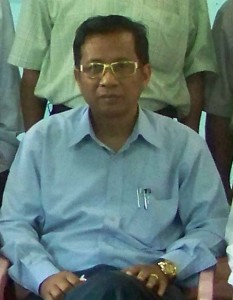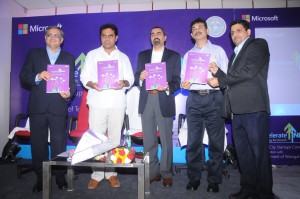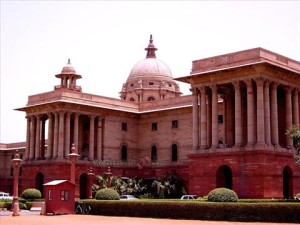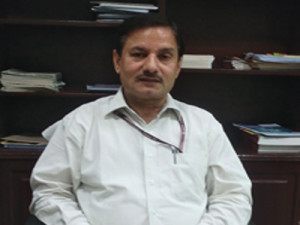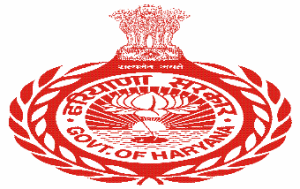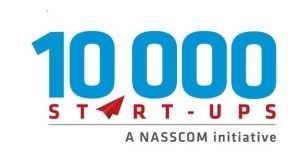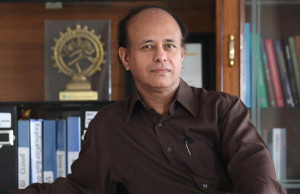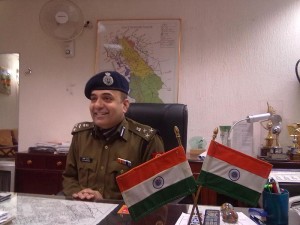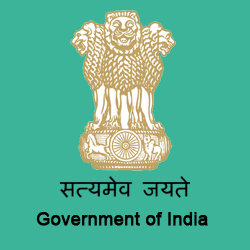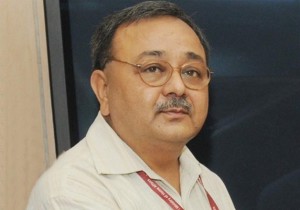![Mehul Lanvers-Shah_Managing Director - HMFI]() Contributed by- Mehul Lanvers Shah, MD, Hannover Milano Fairs India
Contributed by- Mehul Lanvers Shah, MD, Hannover Milano Fairs India
Nowadays, technology is fast transforming the way government departments function, adding efficiency, flexibility and transparency to the process. It is also enabling governments to respond faster to issues and improve government services to public, along with reducing operating costs.
According to Gartner, the Indian Government spent approximately USD 6.6bn in 2014 and it will increase its IT spend by five per cent in 2015. India’s ambition of 100 Smart Cities guarantees that the government investments in the IT sector will rise even further, with USD 1.2bn already promised for the project from government funds and private investors also betting big on the initiative.
Smart Cities ensure that every public utility—from electricity or water supply to sanitation and transport—are dependent on technology, as these are the basic elements for any city. Here’s a look at the top five technologies that India’s future cities are likely to be built upon.
Machine-to-Machine Technologies (M2M): Without M2M technology, it would be impossible for Smart Cities to exist. Broadly, M2M technologies enable devices to communicate with each other over wired or wireless ICT systems. Without this, the sensors, smart grids, monitors and other technologies in use in these cities would not be able to function. M2M functions in a manner that connects the information received from sensors through the network and converts it through a software into meaningful content that can be read, analysed and routed to personal computers for consumption. Therefore, no technology involving Internet of Things (IoT) can be made possible without M2M communications.
M2M becomes even more significant and important in the context of Smart Cities considering the burgeoning urban population and their strain on natural resources such as water, electricity, fuel, etc. According to a report by Booz and Company, every minute, 20 Indians move into cities. India’s urban population will increase by 140 million in 10 years and 700 million in four decades, straining natural resources and increasing the need for more environment-friendly technologies like smart meters, sensors and recycling plants, all enabled by M2M technology.
Data Security: IoT is the backbone of Smart Cities. However, without a robust security and privacy infrastructure, there can be no practical and safe application of IoT within a Smart City. Access and control standards for ICT networks within the Smart City are imperative for both data and human security, the lack of which can cause serious threats and vulnerabilities to all who live and operate in such cities. For instance, an Air Traffic Control (ATC) system in a Smart City is a completely automated system that manages air traffic at major international and domestic airports and controls the transport of thousands of lives and belongings on a daily basis. Imagine this sophisticated network of sensors, monitors and other IT systems in the ATC being attacked by cyber criminals, who hack and manipulate the system to perpetuate a terrorist attack resulting in large-scale loss of life.
India is now waking up to the importance of IT and cyber security, although it would be a critical success factor in the management and future of our Smart Cities. Building a more conducive security environment will have to be two-fold, with more stringent government regulations for data protection and security, on one hand, and a developed security services industry with the ability to manage advanced targeted cyber security threats and attacks, on the other.
New Storage Technologies: As Smart Cities grow, the amount of information gathered and stored for analysis and record will grow tremendously. Moreover, the data gathered will be required for analysis and leveraging big data analytics and for the enhancement and better administration of the Smart City through improved decision-making. New storage technologies, such as flash, high-capacity drives, software-defined storage and Cloud infrastructures, etc., will only grow to serve IoT deployments needed in Smart Cities. Prompted by the requirement of high availability of data and reliability of storage and datacentre systems, these advanced storage technologies will be expected to greatly enhance the productivity and efficiency of Smart Cities and to help manage growth in data volume without large spends. Software-defined storage solutions can increase automation in smart plants and factories and reduce management time and costs.
Technologies for Renewable Energy: Solar, wind, electric mobility, biogas and other alternatives will greatly shape the success of India’s Smart City infrastructure. Smart cities require large amounts of energy supply that can only be achieved through recycling, effective management and new sources of energy. According to the India Renewable Energy Status Report 2014, India achieves only 12.95 per cent of its renewable energy potential: the total renewable energy potential from various sources in India is 2,49,188 MW, while the overall untapped renewable energy is 2,16,918.39 MW. With this much potential, India can achieve environmental sustainability despite rapid industrialisation, urban population growth and increased use of resources without raising concerns over rising energy imports.
Disaster Management Technologies: A city cannot be considered smart unless it is capable of defending itself against natural and man-made catastrophes. Information and Communication technologies can greatly help in predicting, preventing and managing these disasters, ensuring that economic loss and loss of life is avoided or minimised. Economic losses in such disasters can be significant, the Japan earthquake and tsunami in 2011 cost the nation an estimated USD 210bn.
Improved surveillance, better weather forecast and monitoring networks, sensors and monitors can ensure timely information, early detection and warning of potential hazards by integrating ICT tools to streamline communication and link the authorities and public during disasters and emergency situations.
 The Maharashtra Government has transferred eight IAS officers. The names of those transferred are as follows:
The Maharashtra Government has transferred eight IAS officers. The names of those transferred are as follows: